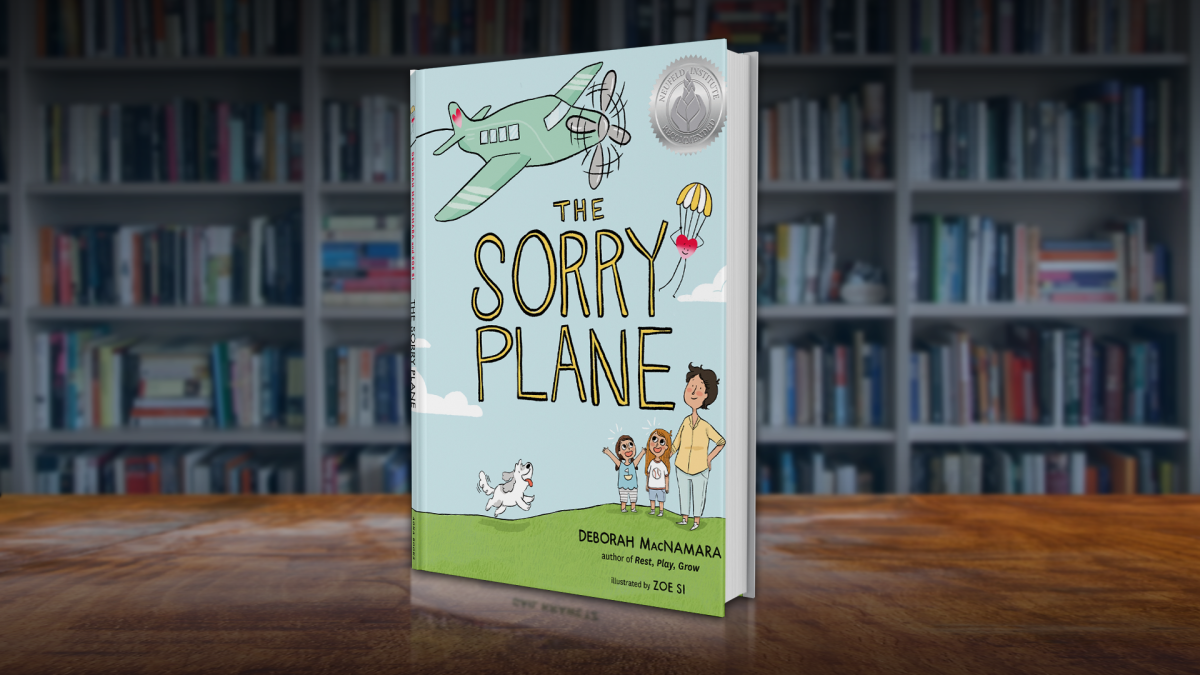It’s a common command heard in homes, schools and childcare centres following a dispute between children: “Say you’re sorry.” It’s likely followed by: “Now say you’re sorry like you mean it”.

Clinical counsellor and educator Deborah MacNamara questions if children who are forced into an apology can actually feel empathy at the same time.
“We try to push our children to care with tricks or treats or false performances,” MacNamara says.
“I can guarantee you, you will not have a more caring, emotionally mature, empathetic child down the road.”
MacNamara says the problem with a forced apology is it lacks empathy and sincerity.
“It can actually detach the words from the caring emotions that you are meant to say sorry from.”
“To put it another way, if we focus just on manners, without the meaning underneath them, they’re actually devoid of the most important element, which is the caring.

Get breaking National news
“The caring not to do it again, the caring about the other person, the caring to make it right.”
MacNamara is concerned with increasing rates of aggression, bullying, anxiety and depression among children and teens. She says these mental health issues can be attributed to one thing: a lack of caring.
Instead of forcing an immediate apology, she suggests waiting until your child is ready.
“If they don’t come back, bide your time. You’ll quickly see, with a preschooler in particular, that they get back to their caring pretty quickly.”
She encourages parents to be open to the idea that an apology might come in different forms, like a hug or an act of kindness.
“You can be sorry in lots of ways without having to say the words.”
“Wouldn’t it be more genuine to feel like it came from that place? That would actually make them more emotionally mature in the long run.”
The Vancouver-based counsellor tackles the subject in her new book The Sorry Plane, inspired by her two daughters when they were pre-school aged.





Comments